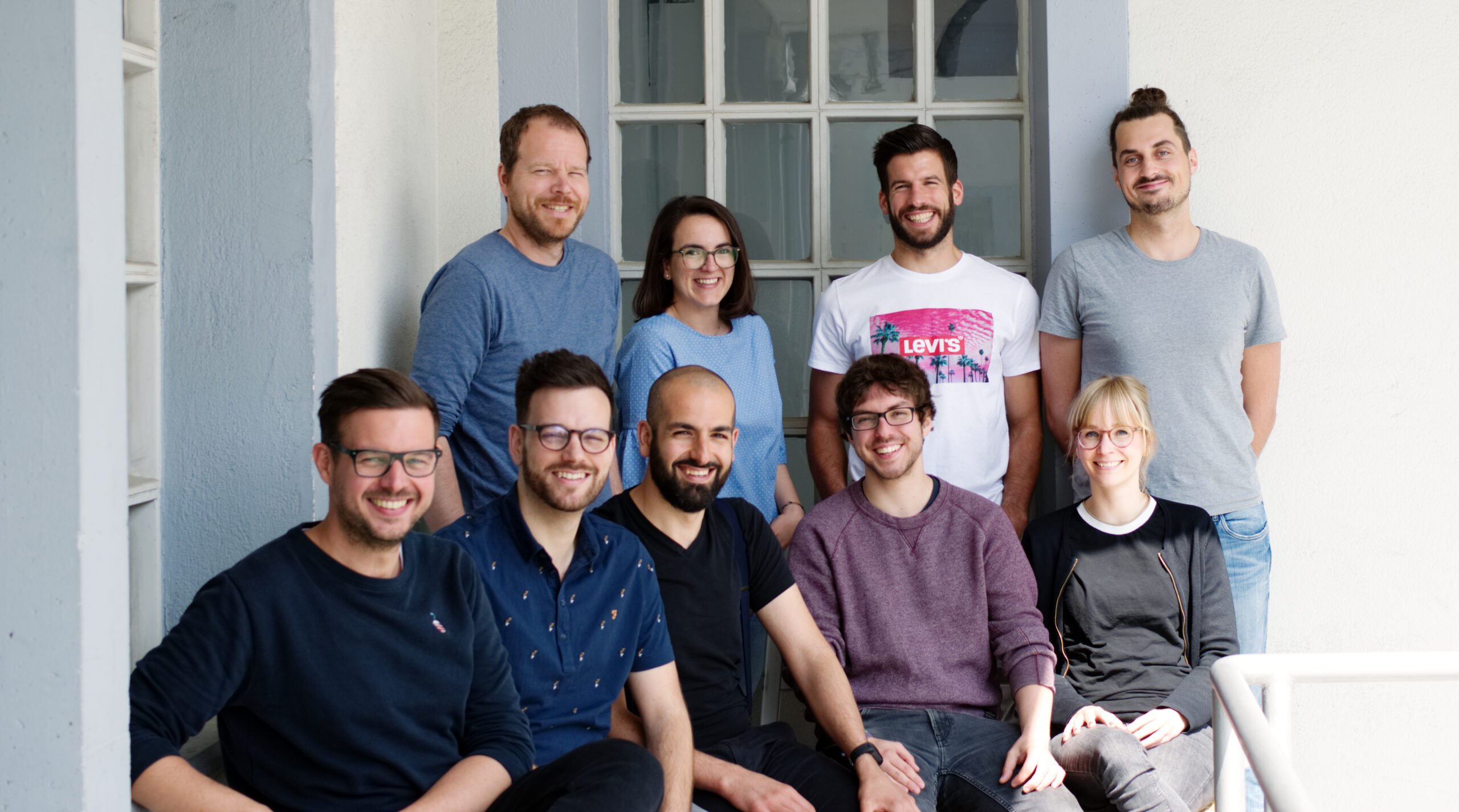How.fm, a German startup that aims to put manual worker onboarding and support on autopilot, is coming out of its stealth mode with a number of clients already subscribed to its SaaS model app and big dreams for the future.
“We are building a human-like digital coach for how-to knowledge and manual skills. Where we today see our mobile apps walk workers through how to use and maintain a machine, in 10 years from now, we will be powering a hologram that tells and show you all kinds of mission-critical skills,” Andreas Kwiatkowski, founder and CEO of how.fm, shares its long-term vision.
At the moment, how.fm is a conversational digital trainer for work procedures, providing automatic training and self-support for manual or blue-collar workers. It consists of a personalised and multilingual voice-over, support for interactive questions and answers, as well as hands-free voice control.
“Behind the scenes is an easy-to-use platform that automatically turns simple lists of steps, consisting of text instruction and related photos or video clips, into interactive multi-language how-to guides on platforms such as smartphones and tablets, smart glasses, or fully-automated telephone support hotlines.” explains Kwiatkowski. “Our conversational engine dynamically translates, personalises, and synthesises instructions, and a worker can voice-control the digital trainer to proceed to the next step, repeat a step, or perform other interactions while performing a task,” he adds.
According to how.fm, 80% of the global workforce is currently working without a desk. That would translate to 2.7 billion workers worldwide. By automatisation of worker onboarding and support, how.fm claims it can shorten ramp-up times, while freeing up time of experienced workers and overall training and cutting how-to support costs by up to 50%.
“We initially started off with the rough idea to bring voice control into B2B, focusing on mission-critical voice interactions. However, during an extended period of customer development with more than 50+ companies interviewed in 2018, we learned that our target group was less looking for ‘just another interface’. A problem that came up way more often was the need to train people on the existing interfaces and in complex work procedures in general,” shares Kwiatkowski.
Following a SaaS subscription model with self-service plans and additional features available as upgrades, how.fm offers productivity and compliance “as a service” by rolling out standardised knowledge within the organisation and increasing output and quality, while decreasing error rate.
“Industries such as food & hospitality, retail, transportation & logistics, as well as manufacturing & construction have a pressing need for scalable, cost-efficient training solutions due to high turnover or temp worker share, resulting in key-person dependencies and skill gaps. Sometimes referred to as augmented intelligence, our blue-collar worker productivity software is hitting high demand.” points out Kwiatkowski.
As a first project trial of digital training, shortly after the company was founded, the team scored 2nd place among 1,000+ contestants in a Porsche open innovation competition, showcasing adoption of their digital trainer as an in-car race trainer. Since then, followed by hundreds of tests in different languages and technologies, how.fm rolled out its software to multiple clients in retail, logistics, hospitality, and even to the European Space Agency.
The Cologne-based diverse team consists of 12 people in total, many of them sharing a long-term work history at trivago, IBM, and other companies. On top of that, they also share a common vision and strong belief in how.fm success. This is backed not only by words, but by the co-founders investing their own money in the company alongside pre-seed angel investors:
“We have invested our own money as well as received $600 thousand in outside backing from the founders of trivago, Blinkist, and other angels such as Andy Chung and Philipp Moehring, plus $200 thousand in research grants, including one together with the German Aerospace Center. By the end of the year we’re planning to raise our seed round with first institutional money," concluded Kwiatkowski.



Would you like to write the first comment?
Login to post comments